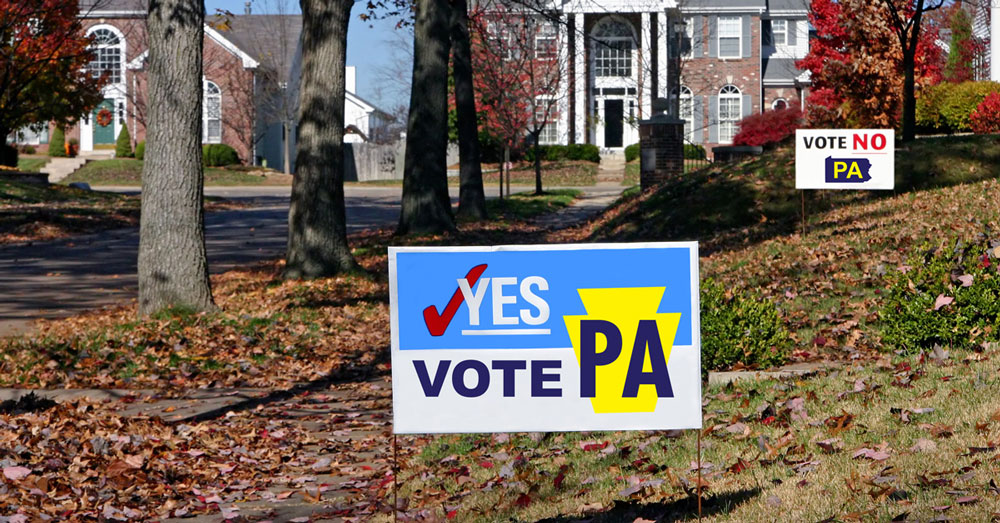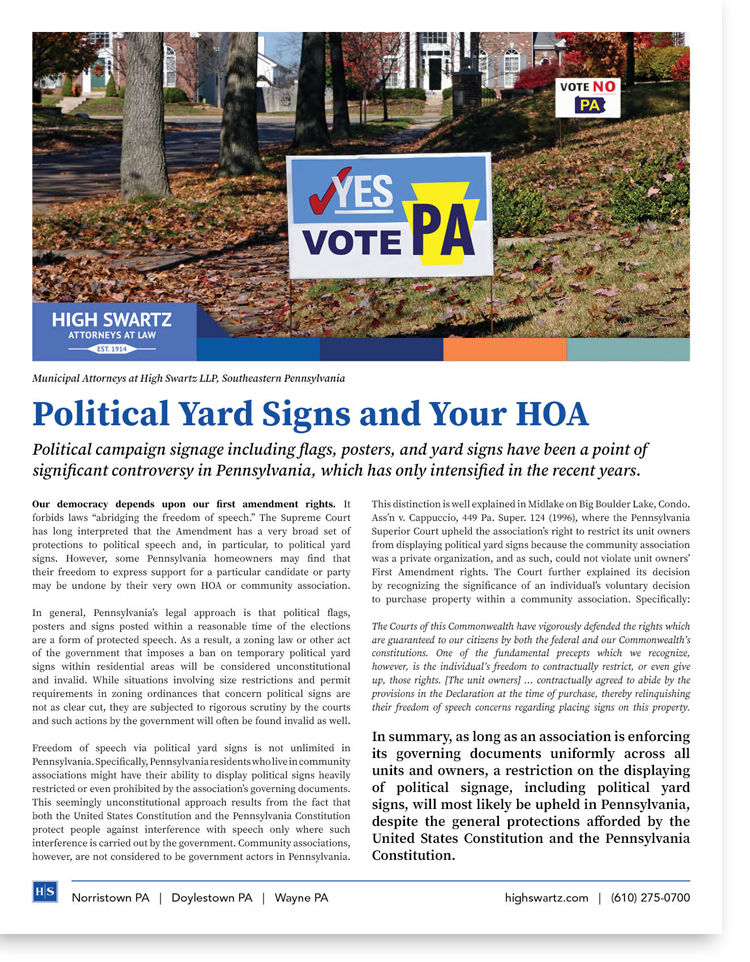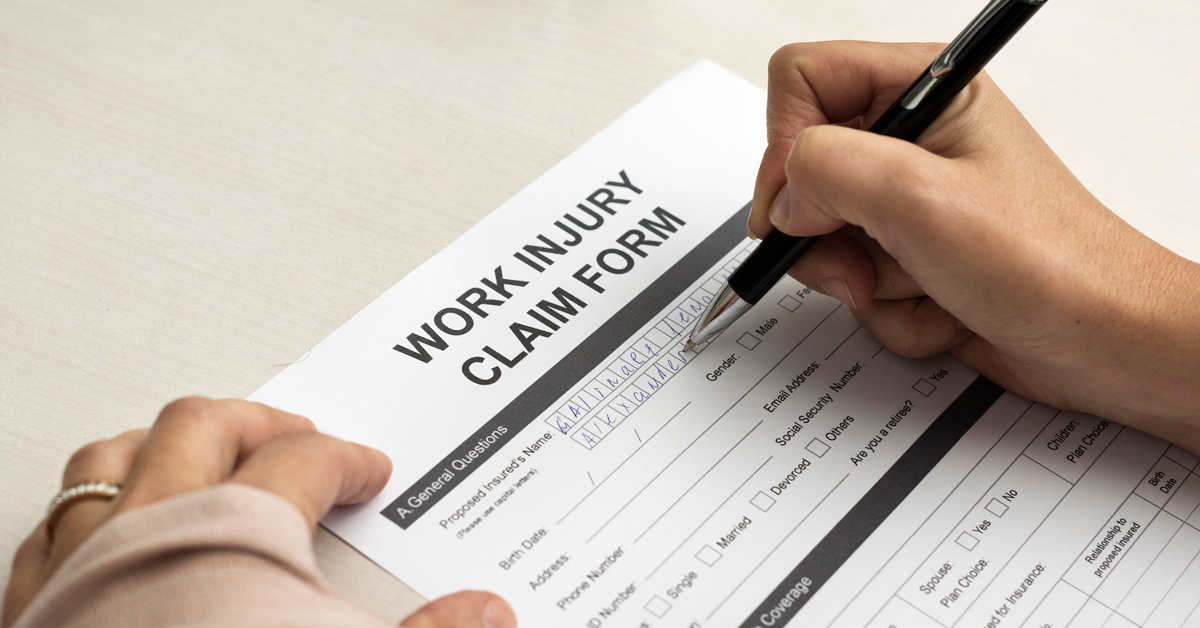Navigating family legal matters can be stressful and confusing. A family lawyer can guide you and offer advocacy and support.
Family lawyers represent clients in legal issues that involve just that- families. The list of the problems is extensive, from marriage and divorce to child custody and adoption. Understanding a family lawyer's role can help you make the right decision when protecting your rights and those of your loved ones.
What Does a Family Lawyer Do
A family law attorney handles legal matters related to family relationships. They offer advice, draft legal documents, negotiate on behalf of their clients, and represent them in court if needed. Their goal is to help resolve family issues in a way that protects their client's interests. At the same time, they try to minimize conflict during the process.
Beyond legal representation, family law attorneys can also work as mediators. They often help family members settle outside court, especially in divorce or child custody. Their role involves guiding individuals through emotionally difficult times.
The best practitioners understand that beyond legal considerations, they also work with people often in distress. Equally important, they must apply the law to provide clear legal guidance and advocate for the best possible outcome.
Types of Cases Handled by Family Attorneys
Law firms focused on family law manage various cases involving different aspects of family law. Some specialize in focusing on specific family concerns, like divorce or adoption.
Here are some of the most common types of cases they handle:
Divorce
Divorce lawyers help couples navigate the legal process of ending their marriage. That includes dividing property, determining spousal support, and resolving issues like child custody. They aim to protect their client's rights while working toward fair agreements. Divorce laws vary by state, so work with a family attorney familiar with those in your state. Title 23 governs divorce in Pennsylvania.
Child Custody and Support
Custody disputes can be complex and emotionally charged. Family lawyers assist parents in creating custody arrangements that focus on the child's best interests. They also handle child support matters to meet the child's financial needs.
Adoption
Adoption involves a complicated legal process that varies by state or country. A family lawyer ensures all necessary paperwork is in order and the adoption follows legal procedures. They also ensure that all parties respect each other's rights.
Domestic Violence
Domestic abuse victims often turn to family lawyers to obtain a PFA, secure custody of their children, and find safe housing. A family law attorney provides legal representation and emotional support during this difficult time.
Marital Agreements
A family lawyer drafts marital agreements to help couples define their financial rights before and after marriage. Prenuptial and postnuptial agreements can prevent conflicts in divorce.
Guardianships
Family lawyers help establish guardianship when someone needs to care for a minor. The same can apply to an incapacitated adult. They may also handle wills and estate planning to ensure proper asset management after death.
Each case is unique, and family lawyers tailor their approach based on their client's specific needs and circumstances.
When to Hire a Family Court Lawyer
You might wonder when it's necessary to involve a family court attorney. While not every family issue requires legal representation, there are clear signs when hiring a lawyer may help:
- Complex Legal Processes: Family law matters can be overwhelming legally and emotionally. Divorces, custody battles, and alimony disputes can take a toll. An experienced family lawyer ensures the correct follow-through of all procedures to prevent costly mistakes.
- Conflicts: In situations with a conflict, it's crucial to have a lawyer advocate for your interests. A family lawyer can negotiate fair settlements and protect your legal rights.
- Emotional Stress: Family law cases often come with strong emotions, making it hard to make objective decisions. A family lawyer acts as a neutral third party, providing calm, rational guidance through challenging situations.
A family lawyer can provide valuable guidance if the issue involves your family's well-being, safety, or long-term financial future.
How to Choose the Right Family Lawyer
When hiring a family lawyer, keep these factors in mind:
- Experience: Look for a lawyer who specializes in family law and has experience in cases similar to yours. For instance, if you're dealing with a child custody case, choose someone with a track record in that area.
- Reputation: Seek recommendations from friends, family, or online reviews. Check out to see if the attorney has received any awards in their practice area or possibly part of an important organization like the American Academy of Matrimonial Lawyers
(AAML). Reputation matters when finding a reliable lawyer who will advocate for you. - Communication: You'll work closely with your lawyer during emotional times. Make sure they are approachable, communicate clearly, and take the time to understand your needs.
- Cost: Legal fees can vary, so discussing pricing upfront is essential. Some lawyers offer flat fees for services like prenuptial agreements, while others charge by the hour. Many attorneys will charge for the initial consultation and may also request a retainer if you choose to move forward with them. Understanding the fee structure will help you plan your budget.
Choosing the right family lawyer gives you peace of mind, knowing your case is in good hands.
Family Lawyers in Bucks, Delaware, and Montgomery County, PA
Family lawyers are crucial in guiding individuals and families through some of the most challenging moments of their lives. So, ensure you work with someone with the experience to get the desired results.
Best Law Firms recognizes High Swartz as a Tier 1 firm in Metropolitan Philadelphia. Moreover, Best Lawyers in America(C) cites several of our family lawyers in their 2025 edition.
Our attorneys start by listening. They understand that family law cases can be emotionally taxing. However, they also have the legal prowess to apply the law to deliver the best outcomes.






